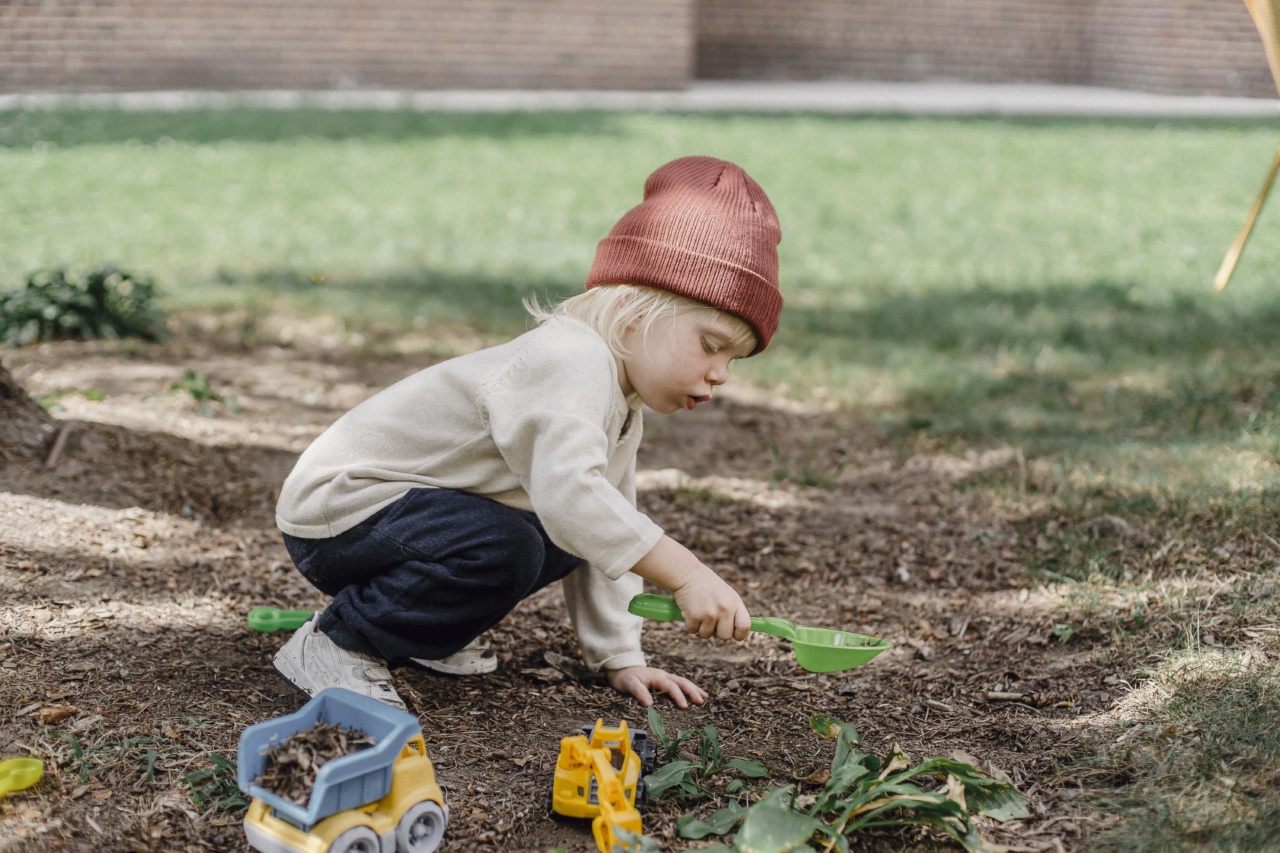Having a curious child can be both exciting and challenging for parents. Curiosity is a natural trait that drives children to explore, learn, and grow.
Psychologist Alexandra Kappatou explains the numerous benefits that come along with having a curious child.
1. Cognitive Development
Curiosity plays a vital role in the cognitive development of children. When a child is curious, they actively seek out new information, ask questions, and engage in problem-solving.
This natural inclination towards exploration helps them absorb knowledge, develop critical thinking skills, and enhance their overall cognitive abilities.
2. Creativity and Imagination
Curiosity fuels creativity and imagination in children. When kids are curious, they continuously come up with new ideas, explore different perspectives, and find innovative ways to solve problems.
This creative thinking not only enhances their artistic abilities but also helps them think outside the box and approach challenges from different angles.
3. Emotional Intelligence
Curious children tend to be more emotionally intelligent. They are open to different perspectives, actively listen to others, and have a genuine interest in understanding people and the world around them.
This curiosity-driven empathy allows them to develop strong interpersonal skills, empathy, and compassion.
4. Confidence and Independence
Curiosity encourages children to be independent and confident. When kids are naturally curious, they are more likely to take risks, ask for help when needed, and explore new things on their own.
This sense of adventure and self-confidence helps them become more resilient, adaptable, and capable of navigating the challenges they face.
5. Lifelong Love for Learning
A curious child develops a lifelong love for learning. Their thirst for knowledge is never satisfied, and they actively seek opportunities to learn and discover new things.
This love for learning sets them up for success academically and professionally as they continue to grow and evolve.
6. Improved Problem-Solving Skills
Curiosity cultivates excellent problem-solving skills in children. When kids are curious, they encounter various obstacles and challenges while exploring their interests.
These roadblocks serve as opportunities to think critically, find solutions, and persevere. The more they indulge their curiosity, the stronger their analytical and problem-solving skills become.
7. Enhanced Memory Retention
Curiosity has a positive impact on memory retention. When children are naturally curious, they are more engaged and attentive, which aids in information processing and retention.
Their active participation in learning activities enhances their ability to remember and recall information effectively.
8. Improved Communication Skills
Curious children often have excellent communication skills. Their curiosity drives them to ask questions, seek clarification, and actively engage in conversations.
This curiosity-based communication enhances their vocabulary, language skills, and ability to express their thoughts and ideas clearly.
9. Resilience and Perseverance
Curiosity fosters resilience and perseverance in children. When kids are curious, they face disappointments, setbacks, and challenges during their quest for knowledge.
This curiosity-driven resilience allows them to bounce back, learn from their failures, and continue their pursuit of understanding.
10. Broadened Perspective
A curious child develops a broader perspective of the world. Their natural inclination to explore and learn about different topics, cultures, and ideas expands their understanding and appreciation of diversity.
This broadened perspective fosters open-mindedness, tolerance, and acceptance.
In conclusion, having a curious child brings numerous benefits to both the child and their parents. From cognitive development to enhanced communication skills, curiosity plays a major role in shaping a child’s growth and development.
Encourage and nurture your child’s curiosity, and watch them thrive.































